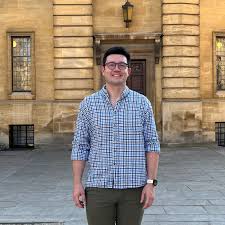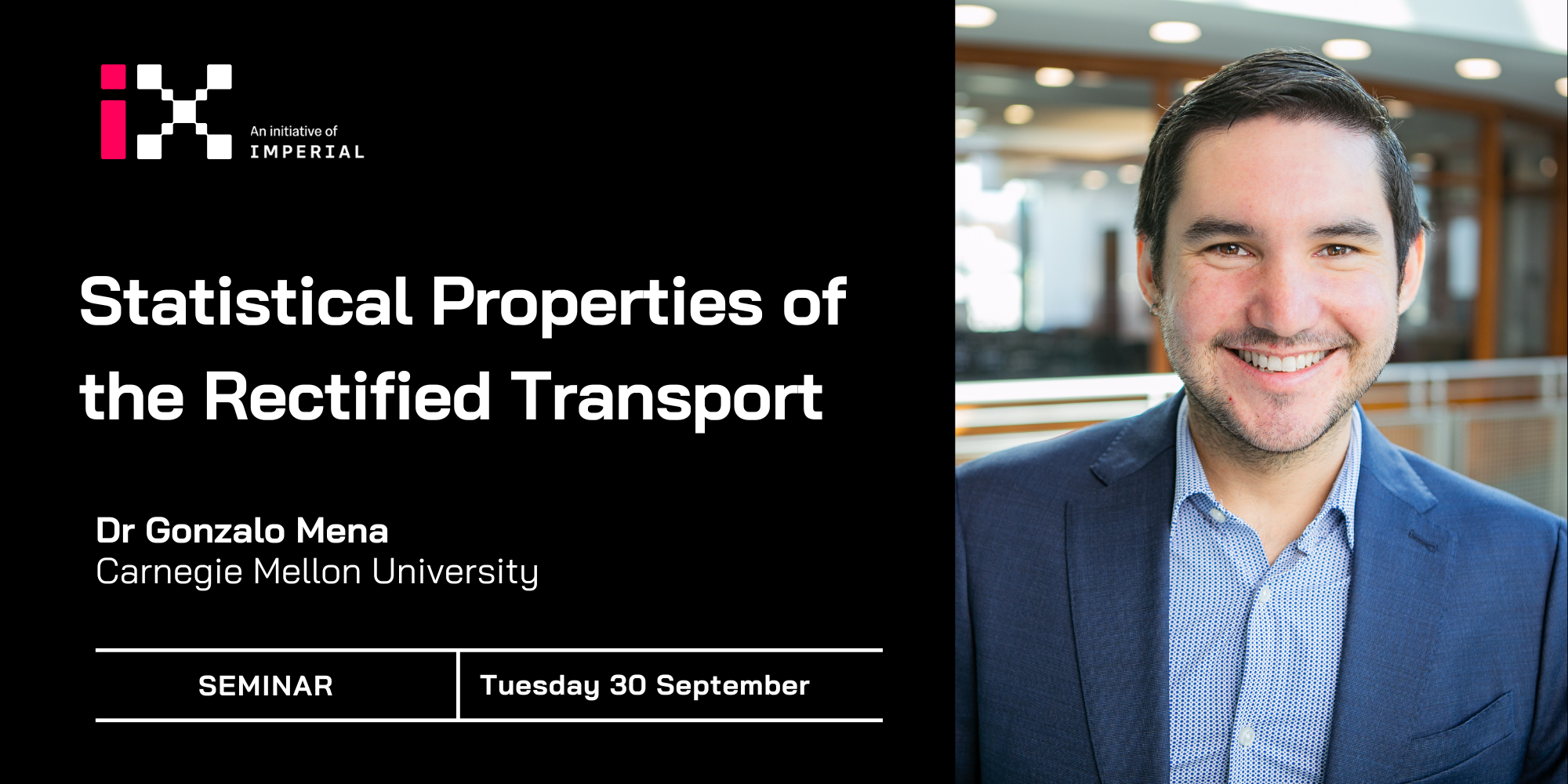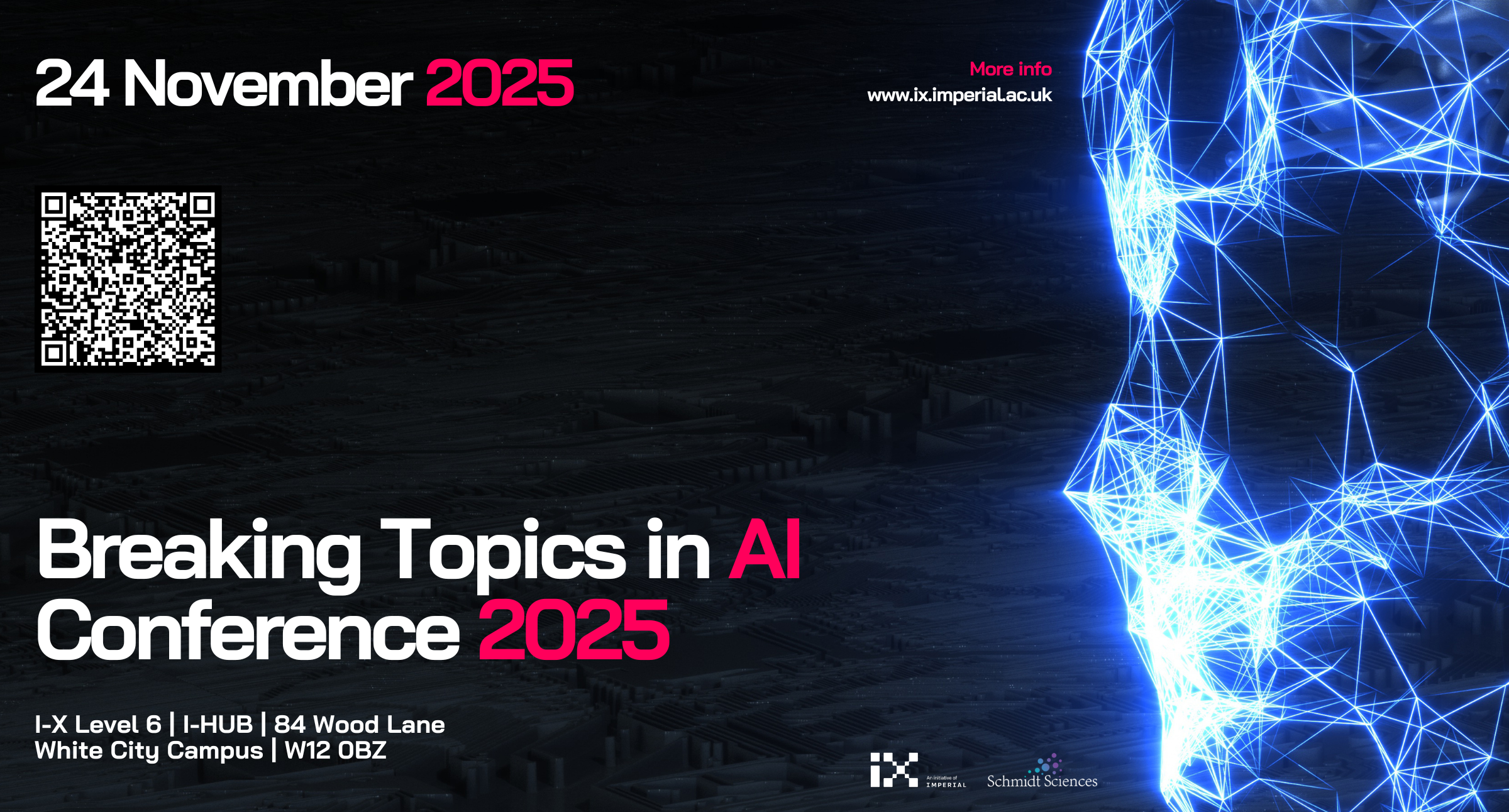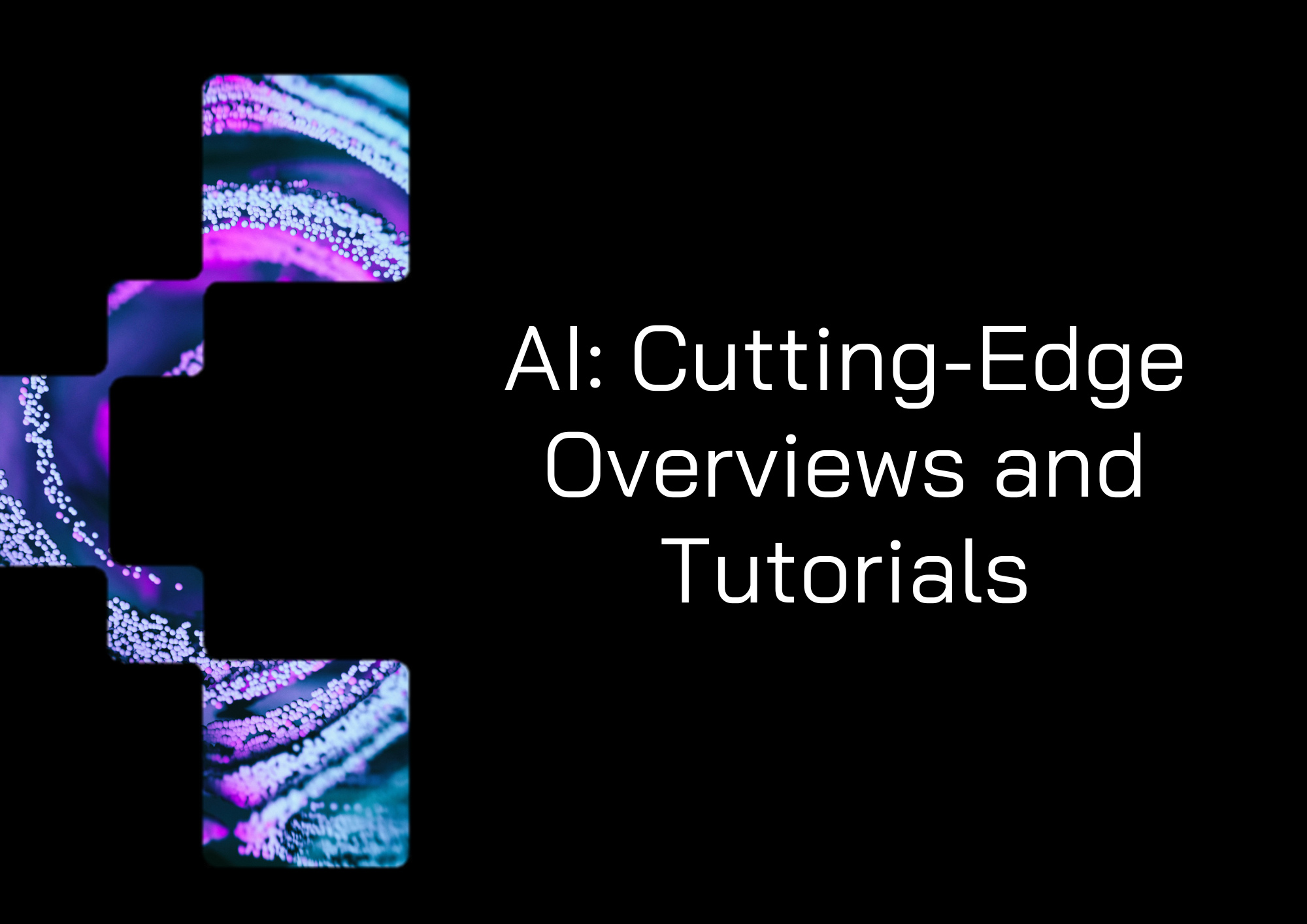Talk Summary
Cause and effect relationships play a central role in how we understand the world around us and how we act upon it. Causal associations intend to be more than descriptions, or summaries of the observed data, and instead relate to the underlying data-generating processes. When recognised and mastered, such a mechanistic understanding allows one to infer what would happen under various hypothetical (counter-to-fact) scenarios going beyond the limited observations (i.e., data) afforded up to that point. For example, physicians are able to infer the likely effect of different medications on their patient cohort or legislators predict the consequences of new laws and regulations. This set of lectures formally introduces the study of causality from data through the lens of Pearl’s Causal Hierarchy (Pearl, 2009) in which distinctions between observations, interventions, and counterfactuals emerge from a collection of structural causal models (SCM).
In practice, we can expect researchers to have partial knowledge of underlying mechanisms which motivates the problem of causal inference, i.e., making causal statements based on observations and partial knowledge of the SCM, for example encoded in a causal graph. The back-door criterion and the do-calculus are examples of graphical criteria to identify causal effects. More generally, this inferential problem: combining a causal query, data, and structural assumptions, can be shown to extend to several modern tasks including transfer learning (also known as transportability theory) and reinforcement learning. This course will go into substantial detail on the foundations of causal inference, algorithms and graphical criteria for the identification of causal effects, ultimately to present a general (causal) theory for data science and machine learning.



